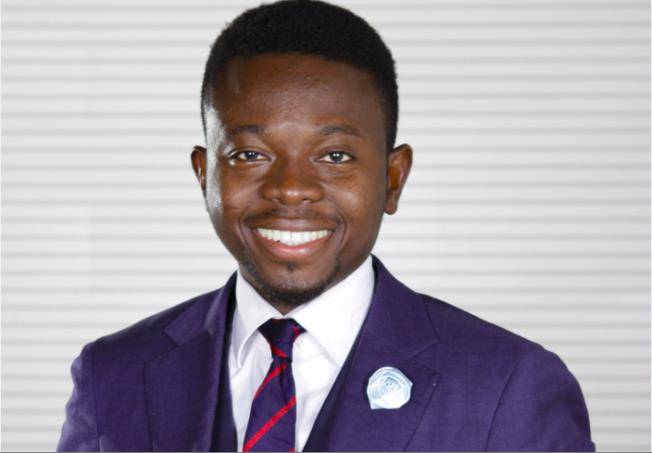It’s probably already common knowledge that in Africa, fintech is the only nascent, innovation-driven industry that can repeatedly command million-dollar seed rounds from the coffers of investors.
Given how significantly unexplored other markets are, even heavily-funded VCs aren’t too eager to seed a non-fintech with a seven-figure cheque.
Barring existing violations to that local fundraising theory, a fresh seed round out of Nigeria’s fledgling healthtech scene renders that thought school obsolete, once more.
CribMD—a startup that provides on-demand, affordable subscription-based telemedicine—banked USD 2.6 Mn in seed. Interestingly, The Guardian Nigeria, a mass media firm, participated in the investment alongside Norskken, the Swedish, dollar-splashing impact VC that recently set up shop in Rwanda.
Before now, the highest-ever funding round for an African healthtech startup was in the coffers of Egypt’s Vezeeta, which raised USD 40 Mn in Series D in February 2020 (pre-pandemic). But, LifeQ— a South African e-health startup—scorched the records in May this year with a landmark USD 47 Mn raise to grow its health management solutions.
From the USD 4.5 Mn funding of Nigeria’s 54gene (last year) to Quro Medical’s USD 1.1 Mn raise (this April), there is enough to suggest that seeding funding for African healthtech is in the middle of a much-deserved CPR. Investments into early-stage healthtech ventures in the continent haven’t only become more frequent but also produced a few seed extensions and a handful of Series As post-pandemic.
RxAll—a Nigerian healthtech startup that leverages Artificial Intelligence to fight fake drugs in Africa—had USD 2 Mn for its seed round in February 2020. What’s more, its pre-seed extension was north of USD 700 K, while its pre-seed was but half of the supposedly rare USD 1 Mn consideration.
Getting into why funding for African healthtech has accelerated in this recent fashion, WeeTracker had an exclusive interview with Adebayo Alonge, the Co-Founder & CEO of RxAll.

